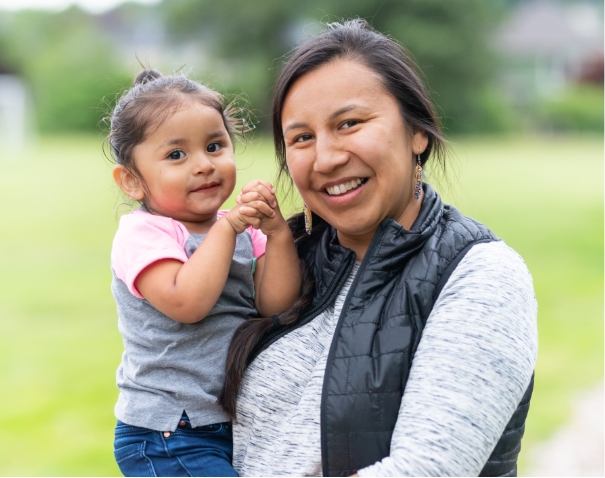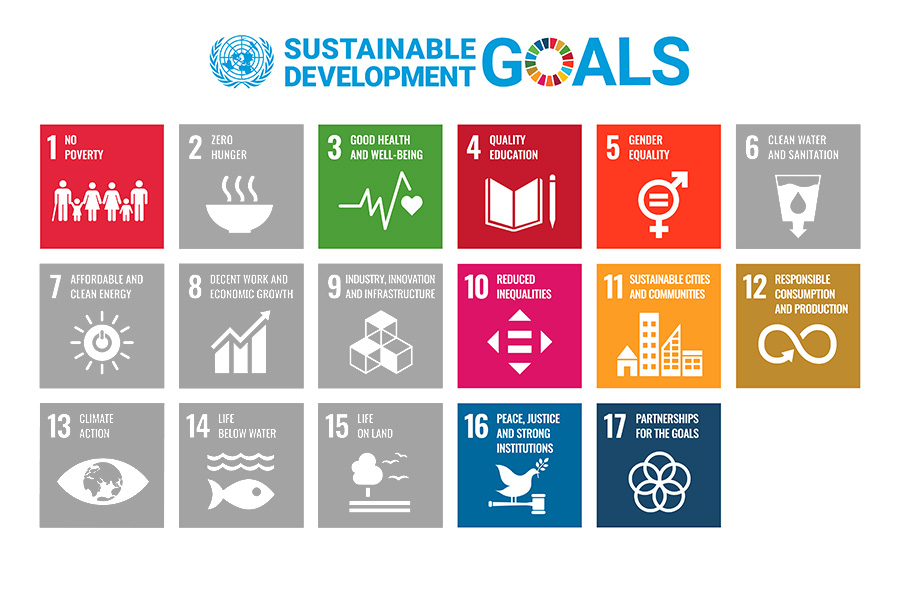Understand and support cultural and societal change

The diverse cultures around the world present a diversity of examples of how people can and do live together. Understanding these cultures, including their origin, context, and evolution, can contribute to education and give us better insight into history and into tangible and intangible heritage. Whether we look at the cultures of the world through art, literature, architecture, history, music, philosophy, law, theology and religion, or the societies they represent, we see how they sustain and uphold communities. They are mirror images of their communities and important vectors of well-being and health. Though some would challenge the worth of cultures in some parts of the world, it is important to understand all cultures without bias. What’s more, digital technologies have come to the fore in the past decades, opening up new possibilities in cultural development for expression, conservation, and promotion. As with any major transformation, these technologies have raised or focused new attention on a whole range of issues, from how to protect cultural diversity to how cultural works should be shared and copyrighted. They also raise questions such as cultural appropriation and the socio-professional status of artists.
It is through culture that humans express their creativity, forge an identity, and develop a feeling of belonging to one or more communities. In this sense, cultural diversity is a source of great value all over the world. However, certain social transformations can also generate tensions between populations or individuals, while other transformations reinforce social inequalities. Global mobility requires us to redefine the ways we identify, welcome, and integrate others. These issues must be analyzed and understood from a perspective of sustainability: we must determine where we stand in relation to the history and richness of local, national, and global cultures; identify common reference points and power relations so we can develop a shared social vision; appreciate cultural diversity and the singularity of each culture; and protect natural and cultural ecosystems.

Links to the UN Sustainable Development Goals
- End poverty in all its forms everywhere (1)
- Ensure healthy lives and promote well-being for all at all ages (3)
- Ensure inclusive and equitable quality education and promote lifelong learning opportunities for all (4)
- Achieve gender equality and empower all women and girls (5)
- Reduce inequality within and among countries (10)
- Make cities and human settlements inclusive, safe, resilient and sustainable (11)
- Ensure sustainable consumption and production patterns (12)
- Promote peaceful and inclusive societies for sustainable development, provide access to justice for all and build effective, accountable and inclusive institutions at all levels (16)
- Strengthen the means of implementation and revitalize the Global Partnership for Sustainable Development (17)

Université Laval’s strengths
Discover the faculty members and research units that make Université Laval such a transformative and high-impact university.